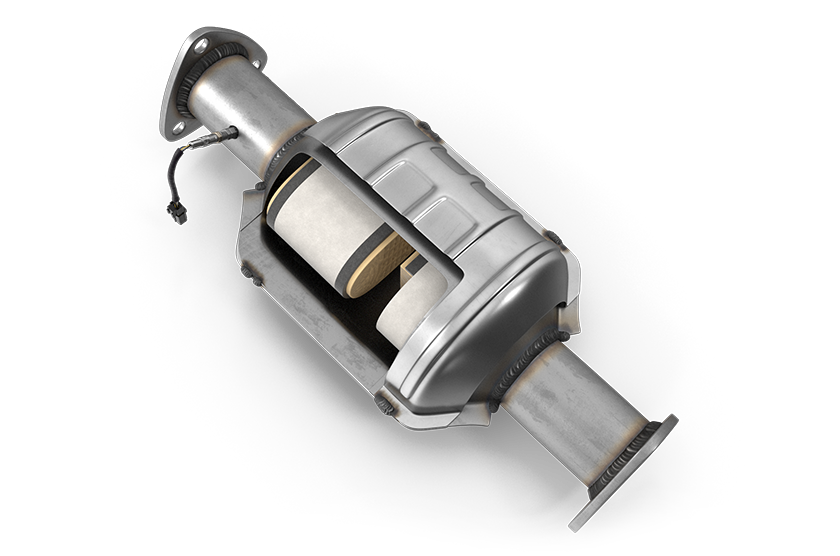DPF self-cleaner as a cost-effective solution for DPF cleaning?

In the following article the terms: DPF free, clean and replace will be explained in more detail. This is because our customers are often unclear when they are confronted with these terms in relation to their particulate filters. In particular, recent reports on exhaust gas problems are increasingly leading to uncertainty when dealing with terms such as “clean”, “clear” or “replace”.
To simplify understanding of the use of the terms, the basic principle of a particulate filter will first be illustrated.
Particulate filters filter exhaust gases (in diesel and gasoline vehicles). This principle of operation can be compared to that of a coffee machine with a filter. In this, a certain amount of coffee grounds is deposited in the filter after each coffee run. This is also the case with soot filters in passenger cars, where soot and ash residues remain in the filter after each journey or use of the car. Over time, more and more soot and ash accumulate here until the filter finally clogs.
First comes the explanation of one of the more familiar terms – replacement. As can be deduced from the term itself, DPF replacement means the change of a diesel particulate filter. This replacement, especially the purchase of a new filter, is a very costly affair, often involving costs in the four-digit range. After clogging of the filter, the manufacturers often recommend the purchase of a new filter. With the application of our thermal-mechanical cleaning process, we can offer you the complete cleaning of your particulate filter at a reasonable price.
DPF free-running is another option for particulate filter regeneration. To free-run (also: free-burning), increased vehicle power is required so that the soot in the filter can be burned off.
For this purpose, a highway trip of about 15-30 minutes is usually sufficient, during which temperatures of about 600 degrees are reached, which finally burns off the soot and in turn ‘frees up’ the particulate filter.
If, on the other hand, too short distances are driven at low speeds, the filter will not be able to clean itself and will eventually become clogged. So you should make sure to drive the car out enough every now and then to start the internal vehicle regeneration and clear the filter.
However, free driving (internal vehicle regeneration) only burns the soot, so more ash gradually builds up in the particulate filter and clogs it in the long run.
By means of free driving, particulate filters can therefore only be regenerated independently up to a certain point. In the long term, therefore, you will not be able to avoid replacement or professional cleaning by a specialist workshop.
The alternative to the costly replacement of the particulate filter is therefore the cleaning of the DPF. Here, too, the name already indicates what is done with the soot filter – comprehensively cleaned.
Thus, any clogged and defective filter can be cleaned completely and several times without losing its quality.
The cleaning of the soot filter is an efficient solution, particularly economical for the customer, which has been used by us for more than 18 years now.
The ash and soot particles that are deposited inside the filter as a result of combustion are completely incinerated. After the cleaning process is completed, the customer receives a filter that is almost as good as new and has the technical properties of a new filter.
We offer comprehensive cleaning of your clogged DPF for a price of 375,- Euro.
Feel free to contact us if you would like to receive further information about DPF cleaning.
We look forward to hearing from you.
